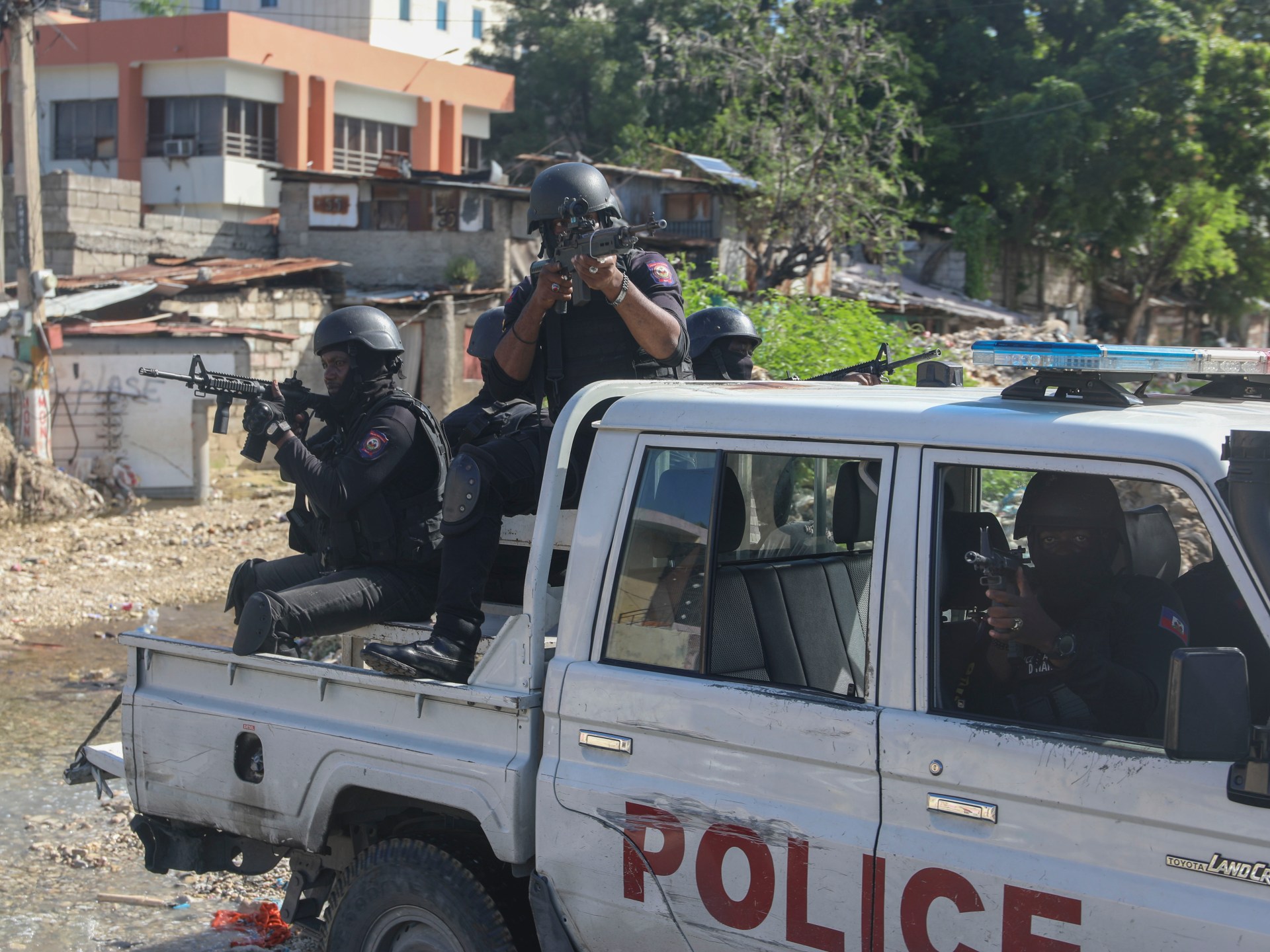The United States has issued terrorist designations against criminal organizations in Latin America following a trend under President Donald Trump to refer to the Viv Ansanm and Gran Grif gangs in Haiti as “foreign terrorist organizations.”
Secretary of State Marco Rubio explained that the two gangs have created chaos and violence in Haiti, where armed groups have a significant influence over Port-au-Prince, the capital, as part of the announcement on Friday.
In a news release, Rubio declared, “The time is over for those supporting violence in Haiti.”
The Viv Ansanm coalition and Gran Grif are Haiti’s main contributors to instability and violence, according to the report. They directly threaten US interests in our region’s security.
The Trump administration has frequently linked efforts to preventing illegal immigration and drug trafficking to domestic priorities like a tough line against criminal organizations in Latin America.
In addition to gangs like Mara Salvatrucha (MS-13), Tren de Aragua, and several Mexican drug cartels, the US also designated eight drug-trafficking and criminal organizations as terrorist organizations in February.
Experts have typically distinguished between these groups and traditional “terrorist” organizations, which typically have explicit political objectives, even though these groups commit violent and intimidatory acts.
Any member of a particular group is declared inadmissible for entering the US because of the designation of a “foreign terrorist organization.”
Additionally, it forbids providing “material support or resources” to the organization, which could unintentionally lead to legal ambiguity in areas where gangs are deeply embedded in local politics and administration.
Trump and his allies have fought back against cartels and criminal organizations, blaming them for the flow of illegal immigrants and drug traffickers into the US.
He and other Republican leaders have previously suggested that the US might launch military strikes against nations like Mexico to combat the threat of gangs, raising concerns about potential territorial sovereignty violations.
Critics worry that aggressive actions, including the designation of Mexican cartels as terrorists, could undermine cooperation as the two nations address organized crime, despite the strong US-Mexico relationship.
The threat of gangs is widespread in Haiti. For instance, according to estimates, the Viv Ansanm coalition, known as “Live Together,” has control over up to 85% of Port-au-Prince, preventing commercial flights from arriving and limiting essential supplies like food and medicine.
Critics worry that the new designation will make it even more difficult to send necessary supplies to the nation because many Haitian civilians are currently suffering from hunger, displacement, and violence.
The only thing stopping Haiti from starving is, according to Romain Le Cour, an expert with the Global Initiative Against Transnational Organized Crime, “the first effects will be on the humanitarian and international cooperation,” Le Cour said.
Experts point out that gangs frequently impose fees on their territory for their movements. Payment could become a criminal offense under the “terrorist” designation in the US.
Jake Johnston, the Center for Economic and Policy Research’s international research director in Washington, said, “It could function as a de facto embargo.”
He continued, “The gangs have a lot of control over the country’s commerce.” “Doing business with Haiti or elsewhere in Haiti will involve a lot greater risk.”
In recent years, gangs have grown more and more powerful in Haiti, particularly with Jovenel Moise’s assassination in 2021. No federal elections have been held since his death, causing a power vacuum that has since undermined public trust in state institutions.
That vacuum has been used by the gangs to maintain control. The violence has caused more than one million people to flee their homes, and according to the UN, almost half of the nation’s population does not have enough food to eat.
A UN-backed international security mission has been established in Kenya to assist local police in their fight against gangs. However, Trump has frozen some of the funding that has been used for that mission since taking office.
One of the Kenyan police officers was shot and killed as part of the mission in February, marking their first known death. This task force has struggled to make an impact so far.
Given the long and disastrous history of foreign interventions in Haiti, including those by the US, skeptics have also raised questions about the effectiveness of the international organization.
Source: Aljazeera

Leave a Reply